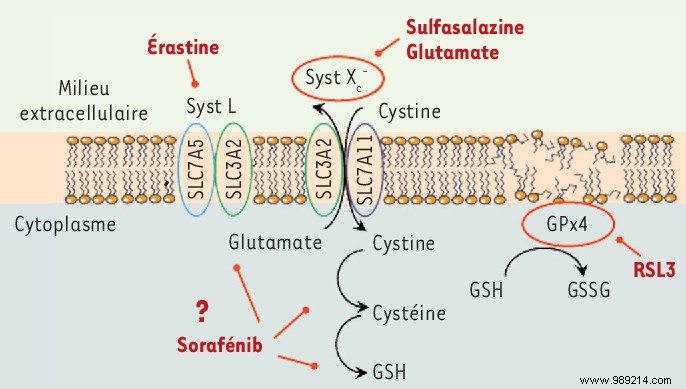High cholesterol is well-known for elevating cardiovascular risks, but emerging research now links it to breast cancer metastasis.
In France, breast cancer remains the top cancer killer among women. Data from the Foundation for Medical Research shows it claimed 12,000 lives out of 60,000 new cases in 2017. Yet progress is evident: 87% of patients survive five years post-diagnosis, thanks to advanced screening and therapies.
Risk factors include overweight and obesity, linked to up to 11% of cases. Additionally, 20-30% of patients develop metastases, even as this process triggers cell death in many cancer cells. Typically, cells die via apoptosis—a programmed self-destruction in response to signals.
A 2014 French study identified another mechanism: ferroptosis (see diagram below). This iron-dependent necrotic death arises from oxidative stress, disrupted redox balance, and membrane damage. Metastatic cells, however, ramp up exogenous lipid uptake, fueling this harmful stress.

Published in Nature Communications on August 24, 2021, Duke University researchers explored hypercholesterolemia's role. They cultured breast cancer and melanoma cell lines, exposing them to 27HC—a cholesterol metabolite. Results showed heightened GPX4 enzyme activity, which boosts glutathione to shield cells from oxidative stress.
27HC also enhanced tumor-forming potential, enabling primary tumor cells to escape the extracellular matrix and spread without succumbing to ferroptosis.
These findings open doors to novel therapies, including cholesterol management, blocking 27HC production, or using GPX4 inhibitors currently in development.